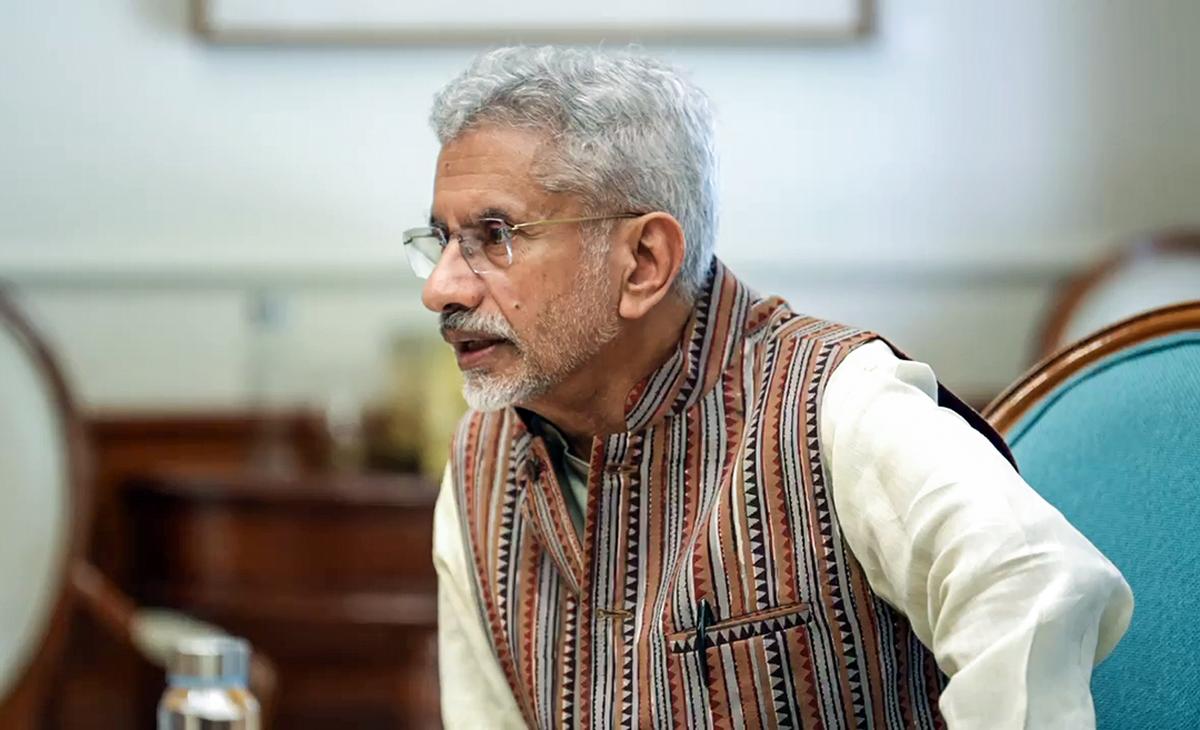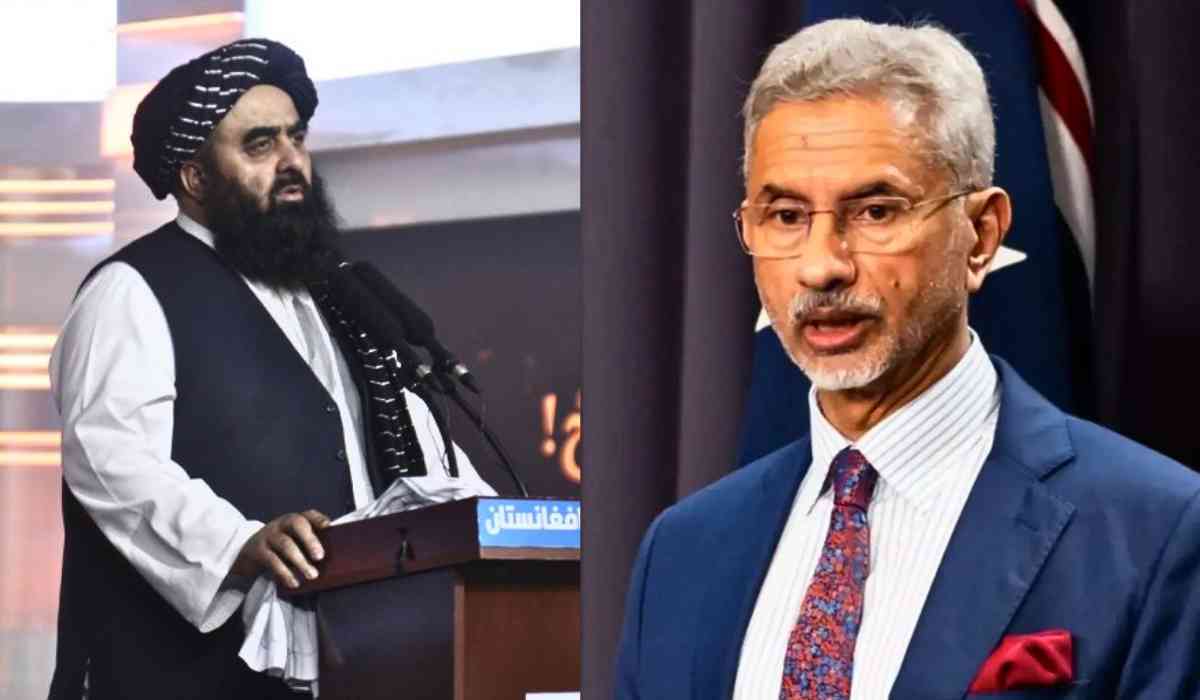India’s External Affairs Minister, S Jaishankar, has made history by holding a direct conversation with the Taliban’s acting Foreign Minister, Amir Khan Muttaqi. This marks the first official, ministerial-level contact between India and the Taliban regime since the group took control of Afghanistan in August 2021. The development is seen as a significant shift in regional diplomacy and could have lasting effects on India-Afghanistan relations.
What Happened?

On Thursday, S Jaishankar spoke to Amir Khan Muttaqi over the phone. This was not just an ordinary call-it was the first time an Indian cabinet minister has spoken directly with a Taliban leader since the group returned to power. The conversation came shortly after the Taliban government condemned a terrorist attack in Pahalgam, Jammu and Kashmir, where 26 tourists were killed by Pakistan-linked militants.
Good conversation with Acting Afghan Foreign Minister Mawlawi Amir Khan Muttaqi this evening.
Deeply appreciate his condemnation of the Pahalgam terrorist attack.
Welcomed his firm rejection of recent attempts to create distrust between India and Afghanistan through false and…— Dr. S. Jaishankar (@DrSJaishankar) May 15, 2025
Jaishankar publicly thanked Muttaqi for condemning the attack and emphasized India’s traditional friendship with the Afghan people. He also reiterated India’s commitment to supporting Afghanistan’s development needs.
Why Is This Important?
This call is more than just a diplomatic formality; it signals a new chapter in India’s relationship with Afghanistan. For decades, India avoided direct engagement with the Taliban, especially during their previous rule from 1996 to 2001. After the Taliban’s return in 2021, India did not officially recognize the regime but maintained contacts through diplomats and aid efforts.
The recent phone call is the highest-level contact so far and suggests that India is willing to explore new ways of working with Afghanistan, even under Taliban rule. The move is also seen as a response to changing regional dynamics, especially tensions with Pakistan and the need to safeguard India’s interests in Afghanistan.
What Was Discussed?

During the call, Jaishankar and Muttaqi talked about:
-
Condemnation of the Pahalgam terror attack and the need for justice for the victims.
-
India’s ongoing support for Afghan development and humanitarian needs.
-
The importance of rejecting attempts to create distrust between India and Afghanistan, especially in light of false reports in the media.
-
Ways to take cooperation forward, including trade and people-to-people contacts.
Muttaqi also raised issues such as facilitating Indian visas for Afghan traders and patients, and the release of Afghan prisoners held in India.
What Led to This Moment?
India’s engagement with the Taliban has evolved gradually:
-
After the Taliban took over Kabul in 2021, India closed its embassy but later reopened it with a technical team to oversee aid distribution.
-
Indian diplomats have met Taliban officials several times in Kabul and in third countries like Qatar and the UAE.
-
India has focused on providing humanitarian aid-food, medicines, and vaccines-to the Afghan people.
Despite these steps, India has not formally recognized the Taliban government. The recent call suggests a willingness to keep channels open while assessing the situation on the ground.
What Does This Mean for the Region?

This historic conversation comes at a time of high tension between India and Pakistan. The Taliban’s condemnation of the Pahalgam attack and its rejection of attempts to create distrust between India and Afghanistan have been welcomed in New Delhi. Some analysts believe that the Taliban is also seeking to diversify its international relationships and reduce reliance on Pakistan.
For India, engaging with the Taliban is a way to protect its interests in Afghanistan, maintain regional stability, and counter the influence of rivals like Pakistan and China. It also allows India to continue supporting the Afghan people during a difficult period.
While this first-ever ministerial-level contact is a diplomatic milestone, it does not mean that India has recognized the Taliban regime. The relationship is still cautious and pragmatic. India’s approach seems to be focused on the welfare of the Afghan people and on ensuring that Afghanistan does not become a base for terrorism against India.
At the same time, the Taliban’s outreach to India can be seen as an attempt to gain legitimacy and attract economic support from a major regional power. Both sides appear to be testing the waters, looking for ways to cooperate without making formal commitments.
Looking Ahead

The historic conversation between S Jaishankar and Amir Khan Muttaqi could be the beginning of a new phase in India-Afghanistan relations. It shows that even in complex situations, dialogue is possible and necessary. For now, both countries seem to be moving carefully, keeping the door open for future cooperation while watching the regional situation closely.
This moment may not change everything overnight, but it is a clear sign that history is being written-and that India is ready to adapt to a changing neighborhood.
With inputs from agencies
Image Source: Multiple agencies
© Copyright 2025. All Rights Reserved Powered by Vygr Media.

























